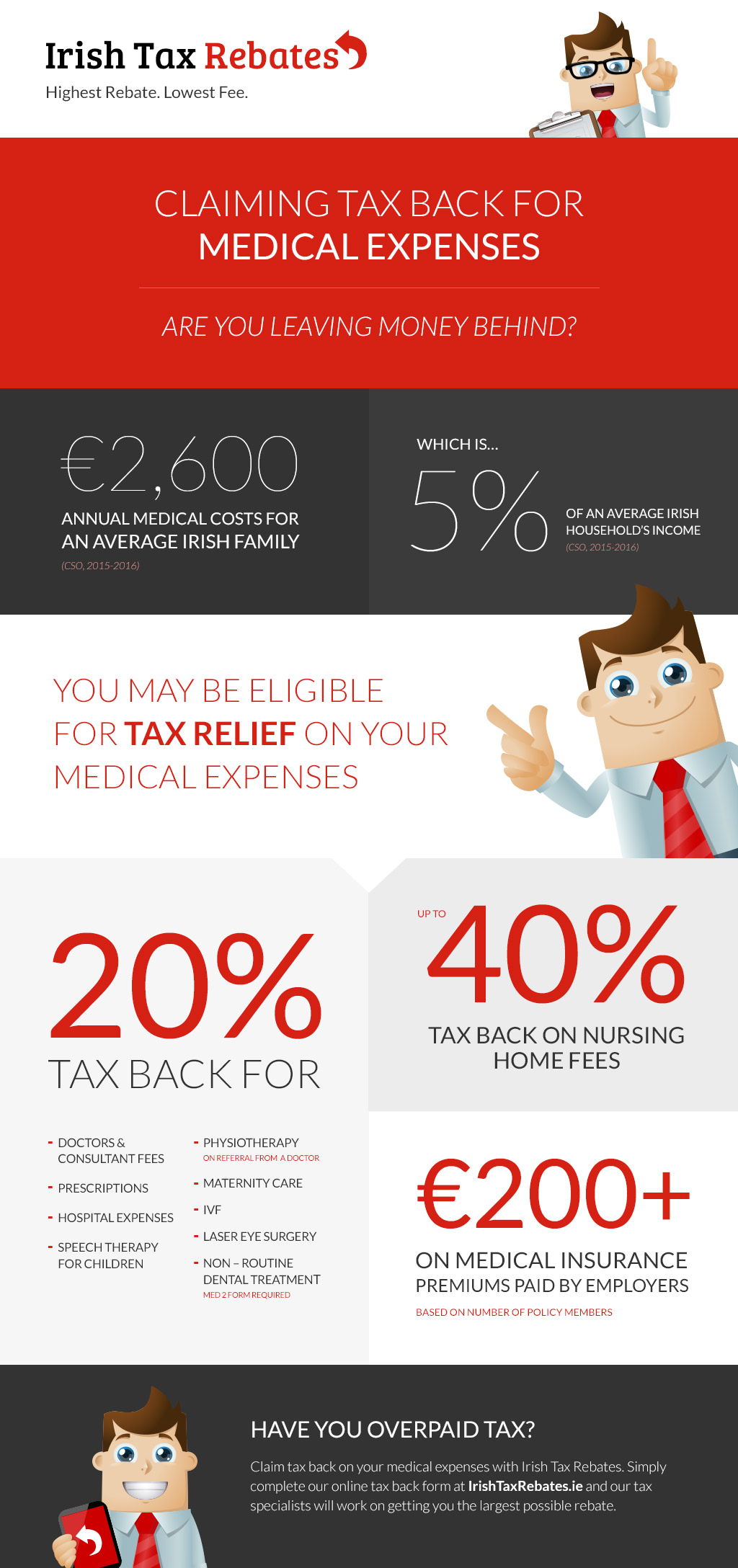Hesitating On SMILE Surgical Procedure? Delve Into Essential Considerations And Insights To Help You Make An Educated Decision Concerning Your Aesthetic Future
Hesitating On SMILE Surgical Procedure? Delve Into Essential Considerations And Insights To Help You Make An Educated Decision Concerning Your Aesthetic Future
Blog Article
Created By-Hollis Cochran
If you're considering SMILE eye surgery, consider this: are you prepared to welcome prospective aesthetic liberty, or does the thought of any risks make you think twice? Your decision will certainly hinge on a mindful balance of evaluating the benefits versus the unpredictabilities. It's vital to delve deeper into the nuances of SMILE surgical procedure to make an informed option that aligns with your visual goals.
Recognizing SMILE Eye Surgical Treatment
When considering SMILE Eye Surgery, it is essential to recognize the treatment and its benefits. SMILE, which means Small Laceration Lenticule Removal, is a minimally invasive laser eye surgery that corrects typical vision issues like myopia (nearsightedness).
Throughout the treatment, your eye cosmetic surgeon will utilize a femtosecond laser to create a little cut in your cornea. Through this incision, a small disc of tissue called a lenticule is gotten rid of, reshaping the cornea and correcting your vision.
Among the crucial benefits of SMILE Eye Surgical procedure is its quick healing time. Numerous clients experience improved vision within a day or 2 after the procedure, with minimal discomfort.
In addition, SMILE is known for its high success price in giving lasting vision improvement. Unlike LASIK, SMILE doesn't need the creation of a flap in the cornea, decreasing the danger of issues and allowing for a more stable corneal structure post-surgery.
Comprehending the procedure and its benefits is vital when thinking about SMILE Eye Surgery for vision improvement.
Benefits and drawbacks of SMILE
Considering SMILE Eye Surgical procedure for vision improvement comes with different advantages and prospective downsides.
Among the major pros of SMILE is its minimally invasive nature, as it includes a small incision and usually leads to fast recuperation times. The treatment is also known for creating marginal pain and dry eye signs and symptoms post-surgery compared to various other vision adjustment techniques. Furthermore, SMILE has been revealed to supply excellent visual end results, with several patients achieving 20/20 vision or far better.
On the other hand, a potential disadvantage of SMILE is that it may not be suitable for individuals with extreme refractive errors, as the treatment array is rather limited contrasted to LASIK. PRK Laser Surgery is that the understanding contour for surgeons implementing SMILE can influence the availability of knowledgeable service providers in particular areas.
It's important to consider these advantages and disadvantages meticulously when making a decision if SMILE is the best selection for your vision adjustment requirements.
Identifying Eligibility for SMILE
To figure out if you're eligible for SMILE eye surgical procedure, your ophthalmologist will perform a thorough evaluation of your eye health and wellness and vision requirements. Throughout this analysis, variables such as the security of your vision prescription, the thickness of your cornea, and the general health and wellness of your eyes will be analyzed.
Normally, Photorefractive Keratectomy Vs LASIK for SMILE are over 22 years of ages, have a stable vision prescription for a minimum of a year, and have healthy corneas without problems like keratoconus.
Your eye doctor will additionally consider your general eye health and wellness, any type of existing eye problems, and your lifestyle needs to establish if SMILE is the right option for you. It's vital to connect any type of specific visual requirements or worries you may have throughout this evaluation to guarantee that the therapy lines up with your expectations.
If you aren't qualified for SMILE, your eye doctor may recommend alternate vision improvement choices that far better match your individual demands and eye health and wellness condition.
Conclusion
Ultimately, making a decision whether SMILE eye surgery is right for you calls for careful consideration of your private eye wellness and aesthetic demands. Talk to your ophthalmologist to identify your qualification for the treatment and weigh the potential advantages and disadvantages. Keep in mind to connect any kind of issues or inquiries you may have during the analysis process to make an informed decision about your vision modification alternatives.
